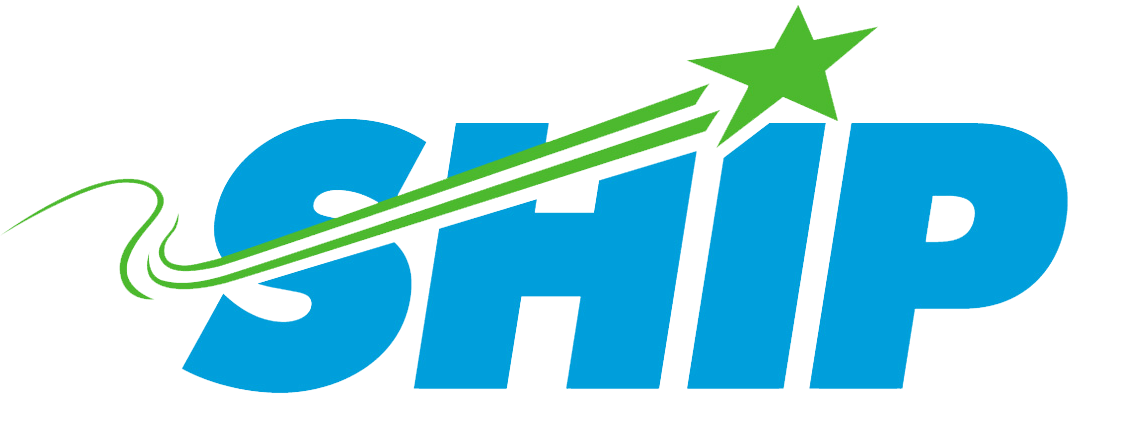
DCAT
The DCAT Project was created as the result of Iowa legislation-92 Acts, Chapter 1229, Sec. 18 in 1987. The intention of DCAT Project is to establish a system of delivering human services based upon client needs to replace a system based upon a multitude of categorical programs and funding sources, each with different service definitions and eligibility requirements.
SHIP DCAT Grant Awards 2023-2024
· SHIP, JCS Client Rehabilitation Services, $75,000
· SHIP, JCS General Programming, $87,097
· SHIP, Functional Family Therapy Services, $202,109
· SHIP, JCS Care Coordinator Services, $ $227,849
· SHIP, Program Coordination Services for DCAT Project Coordination, $135,386
· SHIP, Education, and Transition Liason Services, $57,589
· SHIP, HHS Native American Unit Wraparound, $20,000
· SHIP, HHS Tribal Liaison Services, $130,000
· SHIP, HHS Client Wraparound, $40,000
· SHIP, Native American Programming, $20,000
· SHIP, Transition/Reentry Program Services, $165,090
· SHIP, Community Partnership for Protecting Children, $20,000
DCAT Committee
Tom Bouska, Department of Human Services
Dan Bittinger, Woodbury County Board of Supervisors
David Schmiedt, Juvenile Court Services
DCAT Model:
Legal Basis: The legal basis for decategorizations outlined in Iowa Code Section 232.188 and in the annual Department of Human Services appropriation bills allowing continuation of the program.
Mandated Goals:
Tailoring services to the individual needs of children and families.
Redirecting funding toward preventive family, neighborhood, and community-based services.
Reducing reliance on out-of-home and out-of-community placements.
Promoting community planning, collaboration, and governance of service systems.
Developing service systems that more accurately reflect the needs of the children and families within the communities served.
Guiding Principles:
Clients continue to receive appropriate due process protections and retain their rights to appeal actions by the Department.
There is uniform application of relevant laws in all decisions made by the decategorization project. Examples of relevant laws include: federal and state reasonable efforts requirements, selection of the least restrictive placement for children in out-of-home care, non-discrimination requirements, foster care review requirements, and legislative restrictions on group care expenditures.
Decategorization projects shall maximize utilization of all available service funding streams and obtain optimal federal financial participation in service delivery.
Department area offices remain under the administrative structure of the Department of Human Services and are subject to applicable oversight requirements, including reporting to regional and state administrative offices.
Department area offices complete all required reporting of client information, eligibility, and payments through relevant state data information systems for services that are Department funded or administered.
Compliance with the policies and procedures of statewide programs such as the Medicaid Children’s Services Initiative.
There is a correlation between the ways decategorization projects use pooled funds and the purposes for which these funds are appropriated. Projects need to demonstrate that they are meeting the child welfare and juvenile justice needs of local residents through redeployment of funding streams and local operation of services.
Decategorization projects comply with all applicable federal and state reporting, contracting, payment, accounting, and auditing requirements.


